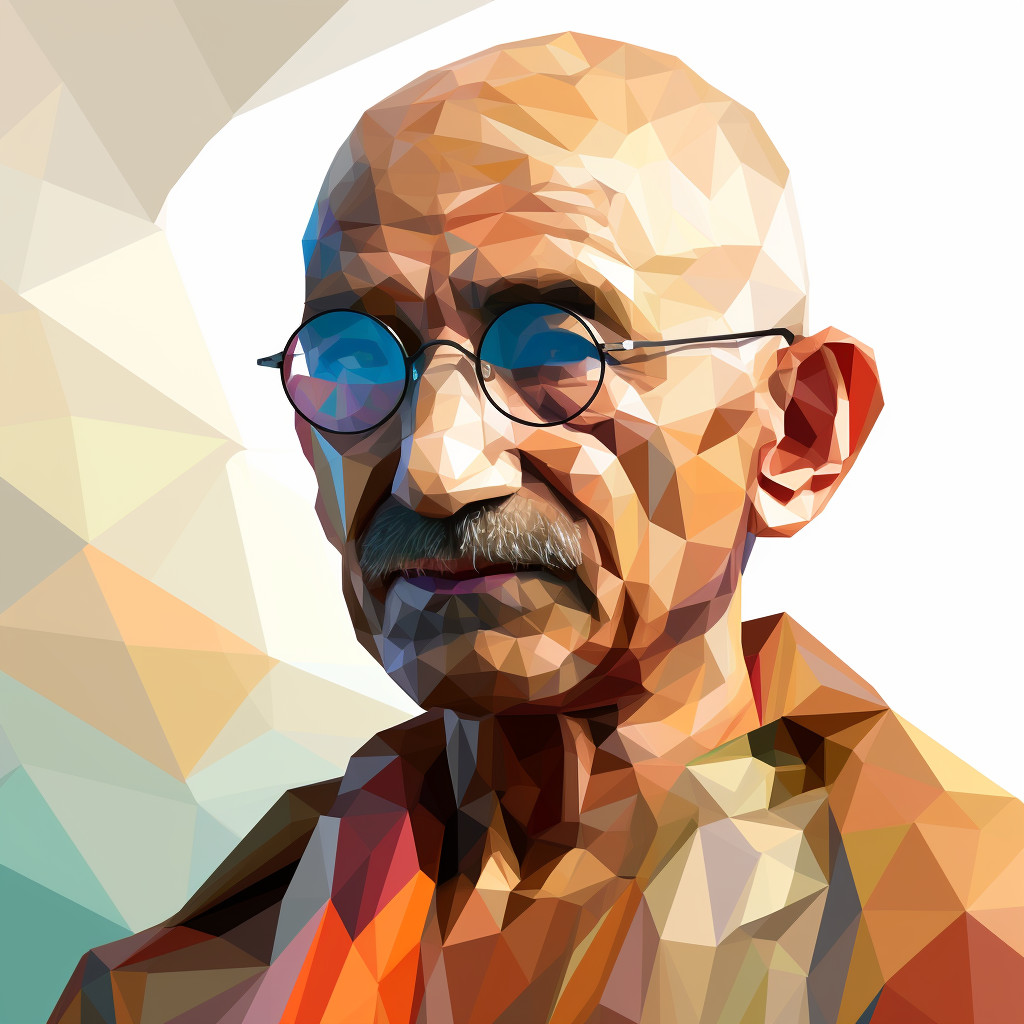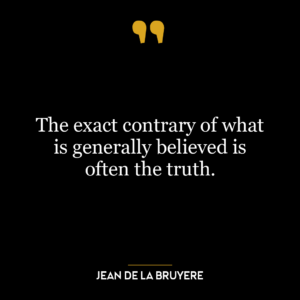This quote emphasizes the importance of truth and its unchanging nature, regardless of how many people believe or accept it. It suggests that truth is not a democratic process; it doesn’t matter if a single person or a majority of people believe in it. The truth remains constant and unaltered by opinions, beliefs, or numbers.
In this context, being a ‘minority of one’ refers to a situation where you might be the only one upholding a certain truth while everyone else disagrees or believes otherwise. It could be an unpopular opinion, a scientific fact, a moral belief, or any form of truth that is not widely accepted or recognized. Regardless of the opposition or lack of support, if what you stand for is the truth, it remains valid and important.
Applying this in today’s world, we often find ourselves in situations where popular opinion or societal pressure may sway us from our beliefs or understanding of the truth. This could be in the context of social issues, politics, environmental concerns, or even personal beliefs and values. In such scenarios, Gandhi’s quote serves as a reminder to stand firm in our conviction and not be swayed by majority opinions, especially when they contradict the truth.
In terms of personal development, this quote encourages us to develop our own understanding of truth and to stand by it, even when it’s not popular or widely accepted. It underlines the importance of personal integrity, courage, and resilience in the face of opposition. It pushes us to question popular beliefs and to seek our own truth. It also reminds us that personal growth often comes from standing alone and being true to ourselves, even when it’s difficult or unpopular.
In essence, this quote is a call to uphold truth and integrity, regardless of external pressures or popular opinion. It underscores the idea that truth is not determined by majority vote, but by its inherent veracity.






